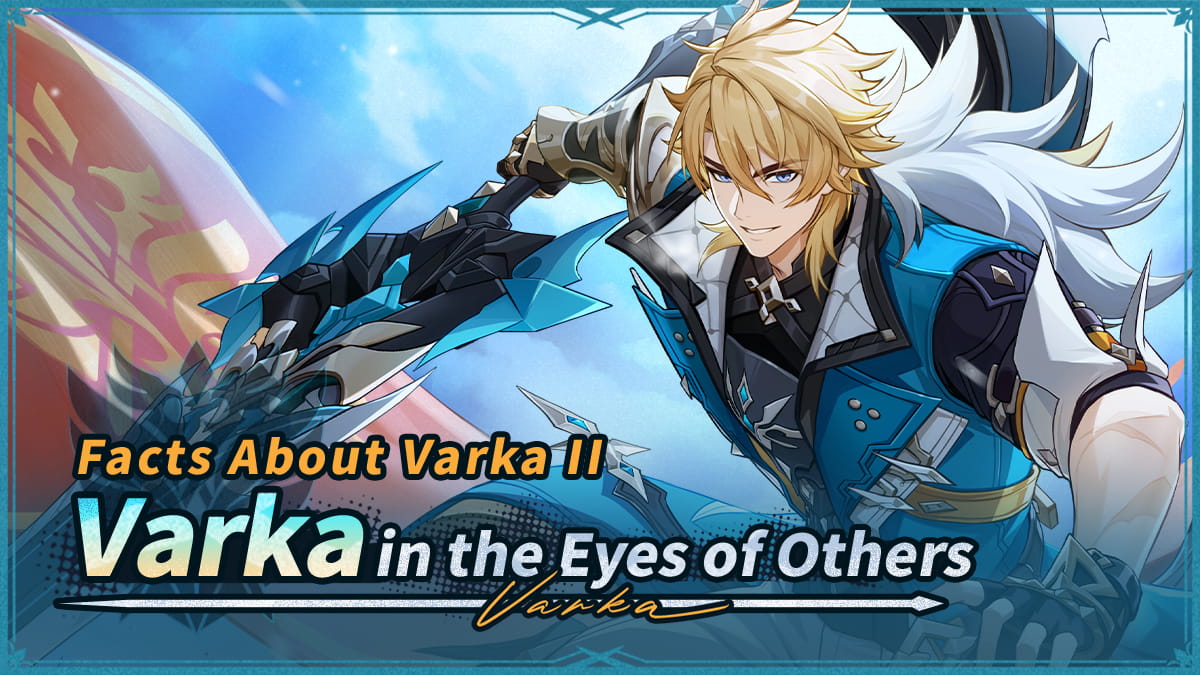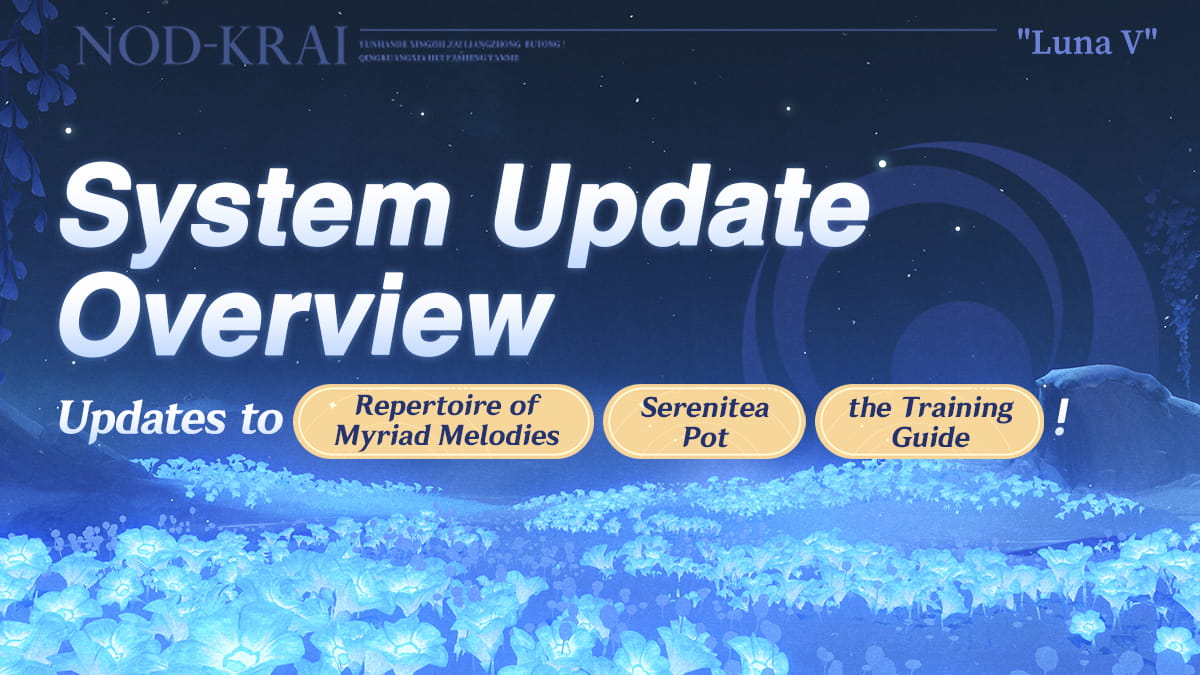
"The purpose of this book is to help readers understand the relevant facts about Varka, Grand Master of the Knights of Favonius."
Read more on Facts About Varka II | Varka in the Eyes of Others.
“The purpose of this book is to help readers understand the relevant facts about Varka, Grand Master of the Knights of Favonius.”

“The purpose of this book is to help readers understand the relevant facts about Varka, Grand Master of the Knights of Favonius.”

The pearls of the northern lands sing ballads of knights, praising their noble virtues and ardent dreams.

Welcome to Paimon’s Quick Quiz! The Doctor’s scheme has been foiled, so why has the expedition yet to return to Mondstadt?

It is the fate observed by a mere handful, including the one in whose fate lies.

Hello, Traveler! Varka’s skill showcase is here. Let’s take a closer look together! The Character Event Wish “The Northerly Wind’s Song of Triumph” will be available on February 25 after the Version Luna V update, and “Knight of Boreas” Varka (Anemo) will receive a huge drop-rate boost!

Hello, Traveler!

Hello there, Traveler! In Version “Luna V,” we have updates to Repertoire of Myriad Melodies, Serenitea Pot, and the Training Guide, with plenty of new content in store for you. Let’s take a look!

Familiar skies, familiar faces, and unfamiliar stories…

Dear Traveler, it’s announcement time!
